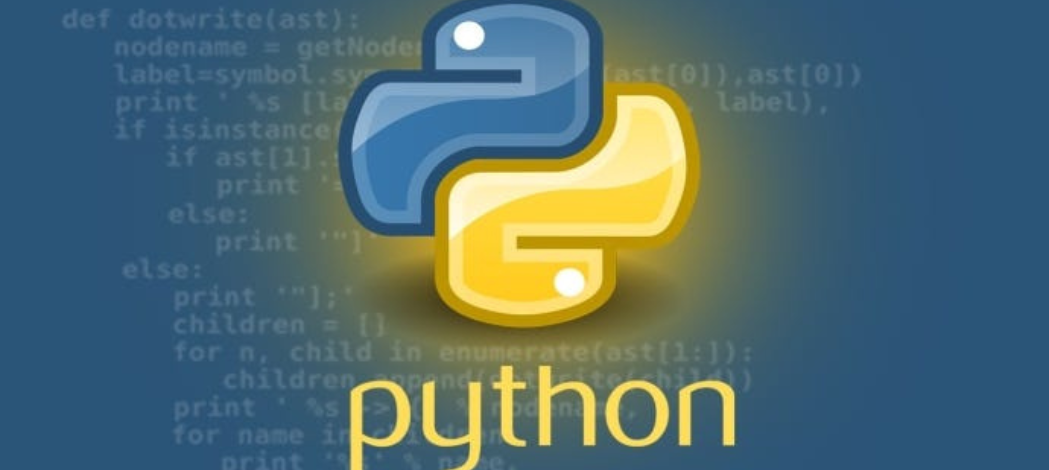
Core And Advanced Python
Unlock Your Tech Career with Expert Python Training
Python is an ideal programming language for beginners due to its simplicity and modern design, making it easier to learn compared to many older languages. The demand for Python programmers is high, and this course offers comprehensive coverage of Python programming.
-
Features of SharvilPro Learning:
1. Industry Experts as Trainers
2. Hands-on Learning Approach
3. Mock Interviews
4. Resume Preparation Support
5. Profile Building
6. Placement Assistance
7. Internship Opportunities with Certification
-
Key Roles of Python Programming:
1. Python Developer
2. Game Development
3. Data Analytics
4. Web Development
Course Curriculum
Join our comprehensive course designed for beginners to learn Python programming from scratch. No prior experience needed!
1. Understanding the Open source
2. Installation of python in Linux/windows.
3. Other open source IDE’s
4. Getting started with Python.
5. Creating the first python program.
6. Understanding the .py extension.
7. How to run the PYTHON PROGRAM
8. Installation of a module.
1. Introduction to Data Types
2. Type Casting in Python
3. Various Ways of Printing
1. Introduction
2. Boolean Expressions
3. Logical Operators
4. Using If Condition
5. Pass Statement
6. for Loop
7. while Loop
8. range Function
9. break Statement
10.continue Statement
11.Argument Passing
1. What Are Lists?
2. Mutable Lists
3. Using the in Operator
4. Traversing a List
5. List Operations
6. Indexing
7. Slicing
8. Converting a List to a String
9. Converting a String to a List
10. Aliasing in Lists
11. Functions for Lists
1. What Are Tuples?
2. Indexing in Tuples
3. Slicing in Tuples
4. Immutable Tuples
5. Packing and Unpacking
6. Differences Between Lists and Tuples
7. Functions for Tuples
1. What Are Dictionaries?
2. Keys and Values
3. Using the in Operator
4. Looping Through Dictionaries
5. Lookups in Dictionaries
6. Dictionaries and Tuples
7. Functions for Dictionaries
8. Dictionaries vs. Sets
1. Function Basics
2. Global Scope
3. Local Scope
4. Using locals() and globals()
5. Understanding the return Keyword
6. Trapping Errors
7. Default Arguments
8. Keyword Arguments
1. List Comprehensions
2. Lambda, map, and filter
3. Decorators
4. What Are Modules?
5. The reload Operation
6. Understanding sys.path
7. The dir Function
1. Introduction to os Modules
2. What Are Exceptions?
3. Simulating Errors
4. Various Types of Exceptions
5. Exception Handling
6. Raising Exceptions
7. Custom Exceptions
1. Understanding Regular Expressions
2. Getting Started
3. Compiling a Pattern
4. Using Flags: IGNORECASE, DOTALL
5. Working with Multiple Flags
6. Glob Characters
7. Anchors
8. Character Classes
1. Understanding Classes in Python
2. Creating a Student Database with Classes
3. Using the class Statement
4. Methods in Classes
5. Constructor
6. Magic Methods
7. Understanding Inheritance
8. Understanding Polymorphism
9. Understanding Encapsulation
10.Operator Overloading
1. Flask

Mark Jukarberg
UX Design LeadDorem ipsum dolor sit amet, consectetur adipiscing elit, sed do eiusmod tempor incididunt ut labore et dolore magna aliqua Quis ipsum suspendisse ultrices gravida. Risus commodo viverra maecenas accumsan.







